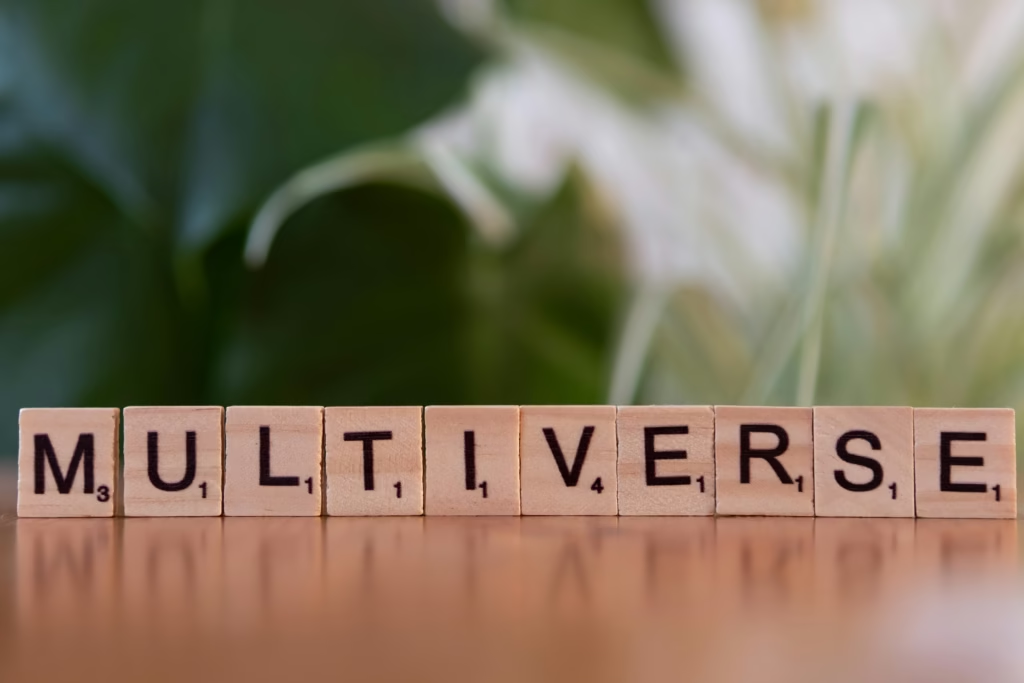Have you ever felt déjà vu so strong it made you wonder if you’d really been there before? Or imagined a version of your life where you made a different choice? These moments spark a curious question: What if another version of you exists in a different universe?
Welcome to the mysterious and mind-bending concept of Parallel Universes—a topic once confined to science fiction, but now seriously considered by scientists, philosophers, and curious minds around the world.
🧠 What Is a Parallel Universe?
A parallel universe (also known as an alternate or multiple universe) is a hypothetical self-contained reality co-existing with our own. In simpler terms: imagine another version of Earth where you still exist, but maybe…
- You’re a billionaire
- You never met your best friend
- Dinosaurs never went extinct
- Or, gravity works differently
These “parallel realities” form part of what’s called the Multiverse Theory.
🔬 Is There Any Science Behind It?
Yes—and it’s more than Hollywood fantasy. Let’s break down a few scientific interpretations:
1. Quantum Mechanics & Many-Worlds Interpretation
This theory, proposed by physicist Hugh Everett III in 1957, suggests that every quantum decision splits the universe. So when you choose tea over coffee, another “you” might be sipping coffee in a parallel world.
2. Cosmic Inflation
According to this idea, the universe is constantly expanding, creating “bubbles” of space-time—each potentially with different physical laws. Some bubbles might even resemble our own universe, with tiny tweaks.
3. String Theory
In physics, string theory proposes that everything in the universe is made up of vibrating strings. It requires the existence of multiple dimensions—up to 11 dimensions—which could house entire parallel universes.
🪞 Parallel Universes in Pop Culture
We’ve all seen it on-screen:
- Marvel’s Multiverse: Spider-Man meets different versions of himself
- Stranger Things: The “Upside Down” is a dark parallel world
- Interstellar: Explores the bending of time and dimensions
- Everything Everywhere All at Once: A wild take on multiverse chaos
Pop culture has made the idea both entertaining and eerily believable.
🧭 Could We Ever Visit a Parallel Universe?
Currently, no. We have no known way to detect or interact with other universes, if they exist at all. They’re beyond our observable universe—so distant that even light hasn’t had time to reach us from there.
But theories like quantum entanglement, wormholes, or high-energy particle collisions (like those in the Large Hadron Collider) may hold clues in the future.
💭 The Philosophical Angle
Parallel universes challenge everything we know about:
- Fate and free will: Do we really have control over our lives?
- Identity: Who are “you” if multiple versions exist?
- Reality: Is our world the only “real” one?
These questions blur the line between science and metaphysics, leaving us both intrigued and unsettled.
🧩 Final Thoughts
The idea of parallel universes makes us wonder: Is this the only reality we know—or just one of many?
We may never have solid proof, but imagining parallel lives can offer a unique perspective on our choices, identity, and existence. One thing’s for sure—the universe (or multiverse) is more mysterious than we can ever fully grasp.
What do you think? Do parallel universes exist? Drop your thoughts below—we might just be reading them in more than one reality. 🌠


